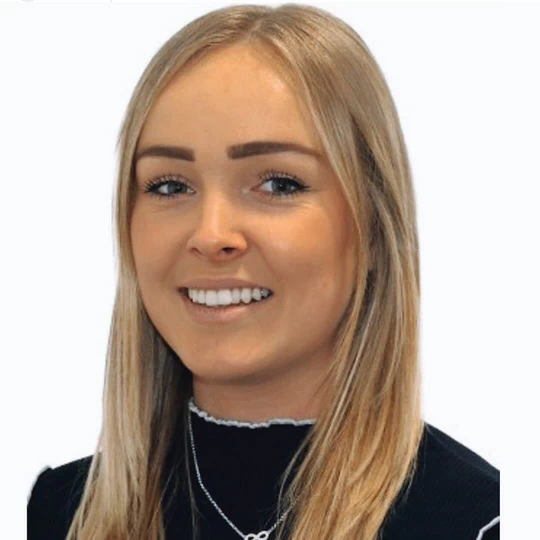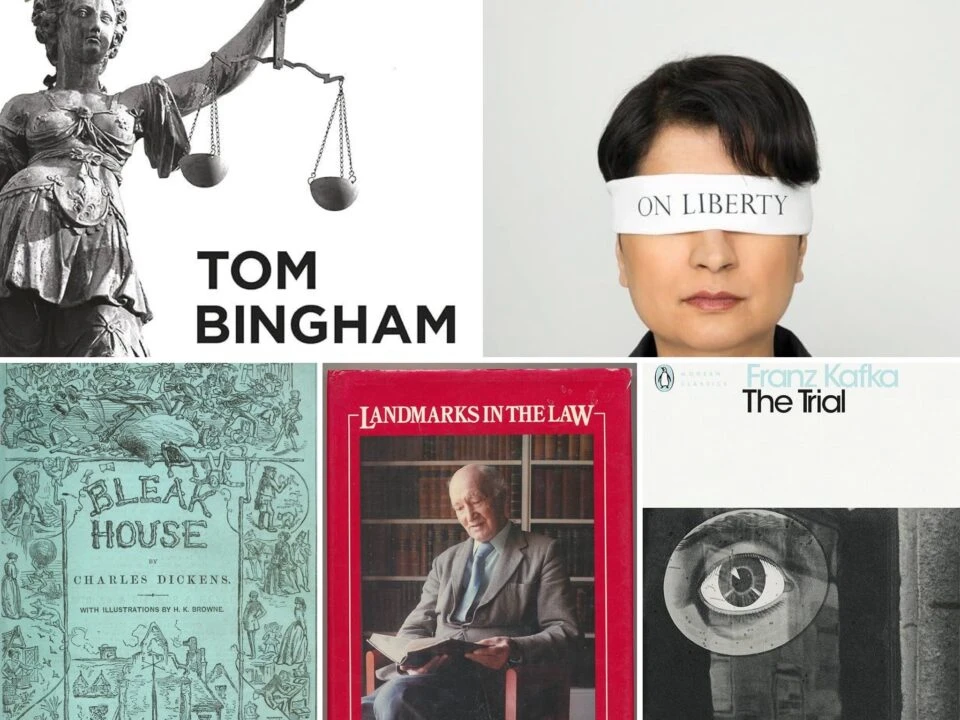R (GS) v HM Coroner for Wiltshire and Swindon [2020] EWCH 2007 (Admin)
September 10, 2020
Interview with Charlie Madill, trainee solicitor at Herbert Smith Freehills
September 12, 2020In this article, Crystal Huang interviews Amber Parslow, current paralegal and future trainee solicitor at Baker McKenzie. Having graduated with a first-class LLB degree, Amber shares the steps she took to increase her experience and put herself out there.
Could you tell us a bit about yourself and your journey of obtaining a Training Contract (TC)?
Hi, I am Amber Parslow, a future trainee at Baker McKenzie. I am currently working in their risk and compliance team as a data protection paralegal. I am the first generation of my family to go to university and I graduated with a first-class honours degree from Cardiff University in 2017. I applied to law firms for five years in a row before I secured my training contract, so I understand how difficult it is to face rejection along the way. At the beginning, I didn’t really know who to reach out to for support nor did my family understand the process. In 2018, I came across STRIVE Consultants. They really helped me to understand the whole application process. Alongside having a mentor with them, I secured my first paralegal role through a company called F-LEX. I also joined the London Young Lawyer’s Group, (“LYLG”) a legal network which partners with organisations to provide monthly events for junior legal professionals ranging from paralegal level up to 7PQE and I am now the LYLG’s Co-Vice Chair. I believe all these different experiences contributed to me eventually securing my training contract. One of the key skills that I developed and continue to develop is confidence!
Why Baker McKenzie?
There are three main reasons: firstly, Baker McKenzie is a leading international law firm, which means the majority of their work will have cross-border elements. This creates a multi-layer of complexity within the work that Baker McKenzie advise on. This aspect appeals to me because lawyers develop insights into the different global legal systems and how they interplay with English law.
Secondly, the firm is well-hedged. Though Baker McKenzie is known as a corporate transactional powerhouse, other practice areas, such as IP, Tech, Employment and Dispute Resolution have reputable departments with their own clientele. Due to this, throughout the training contract, I believe I will gain invaluable experience from each seat. This will help me to make an informed choice of which area I want to specialise and qualify in at the end of my training contract.
Thirdly, I am a big advocate for diversity and inclusion myself. Having worked with Baker McKenzie for two years now, I have witnessed the firm’s passion and dedication to make a real change. From my own experience, you can really feel that people care about you and your development.
What is your experience as a paralegal like? What have you learned from this experience?
As a paralegal working in-house at a law firm, I have quite a unique experience. As I mentioned, I sit in the risk compliance team focusing on the firm’s data protection compliance. This means I work for the law firm as a business itself rather than working in a department for our clients. To give you an example, one of the requirements under the legislation is to make sure that staff are aware of their obligations when they are handling personal data. It is my role to deliver data protection training sessions to the firm’s departments and review our processes.
My role has expanded since I first joined and other responsibilities now include drafting HR policies, negotiating data processing and supplier agreements. I also assist with general risk and compliance queries, record minutes for meetings and review anti-money laundering risk assessment forms, which are escalated to my team.
One of the key things that I learnt from my first paralegal role, before I joined Baker McKenzie, is how important it is to take your time when reviewing documents. Having a lack of experience before, I thought I needed to get my job done as quickly as possible to satisfy the client with keeping costs low and getting the task completed. However, I soon learnt that it is better to take your time, identify any errors and pay close attention to detail to ensure high quality.
What type of law do you want to focus on more in the future and what experience has helped you to make the decision?
It is difficult to decide at the moment because the only practical experience I have is in data protection. I am really interested in privacy laws and technological developments as this is impacting clients across different industries and jurisdictions. In particular, I’m intrigued by the conflict that can arise between complying with data protection legislation and the need for businesses to innovate. I am also interested in corporate, particularly M&A, but I haven’t experienced it in person yet so I cannot determine whether I would specialise in that area. I think it’s important for students to remember to be open-minded as you don’t really know what different areas are like until you have experienced it. This is what is good about the training contract – you gain exposure to four different practice areas and this helps you to decide what you want to do in the future.
Do you believe the legal profession is doing enough to encourage individuals from different backgrounds to join the field? From your point of view, how is Baker McKenzie dealing with diversity and inclusion?
Firstly, I don’t know if any industry is really doing enough, because is enough ever enough? My opinion is that diversity and inclusion are a continuous process. There is not really an end game as such. Baker McKenzie’s approach to diversity and inclusion really stands out to me because it’s not just a ‘tick-box’ exercise. We are involved in a variety of collaborations and initiatives across diversity strands. To focus on these, we have six affinity focus groups, including: BakerEthnicity, BakerWomen, BakerOpportunity, BakerLGBT+Allies, BakerWellbeing and BakerCarers. I’m proud of Baker McKenzie’s approach to diversity and inclusion, and it’s been great to see those within the firm come together as a Bakers Family particularly over the last few months.
As I am a BakerOpportunity Steering Committee Member, I can probably shed the most light on this group.
This is the firm’s social mobility focus group and we are split into four workstreams:
- Outreach and apprenticeships – this is looking at how we are recruiting people and includes various outreach initiatives with the aim to support people from different backgrounds.
- Inreach and progression – this sub-group focuses on understanding how people feel within the firm and how we can embed inclusion further into our culture.
- Clients – we collaborate with our clients on initiatives to address social mobility together and enhance our relationships.
- Events and campaigns – it’s important to raise awareness internally and explore social mobility with external guests too. This is the area that I predominantly support. Previously, I have coordinated the panel discussions during the firm’s annual ‘Social Mobility Week’ campaigns.
Do you have any advice and tips for students and graduates who are going to apply for training contracts and vacation schemes in light of Covid-19?
I attended the virtual assessment centre with Baker McKenzie this year and I also completed it in person as well the year before; therefore, I can share my insight into the comparison. One thing I preferred was that I was less nervous completing the virtual assessment centre as I was in my own home comforts.
My tips for virtual assessment centres:
- Make sure you have breakfast beforehand as it’s a long day with minimal breaks and go for a walk to clear your mind.
- Remember to have water, a pen and a notepad next to you.
- Ensure you prepare for it as you would for a normal assessment centre – the tasks are completed very similarly.
- The key difference is you may have a technical issue, which the firm appreciates may happen. The best thing to do is use this as an opportunity to show that you can handle problems in a calm manner. It will not be penalised against you but remember to dive straight back into the task when you are able to reconnect.
- Talk more slowly during the interview and in the group exercise because sometimes there can be a technical delay and it may be difficult for others to follow you.
The final general tip I would like to share is to encourage students to get out of their comfort zone and develop their skills. I highly recommend being self-critical and identifying your weaknesses to think about how you can improve these overall.
A massive thank you to Amber for providing us with such great advice and tips.





